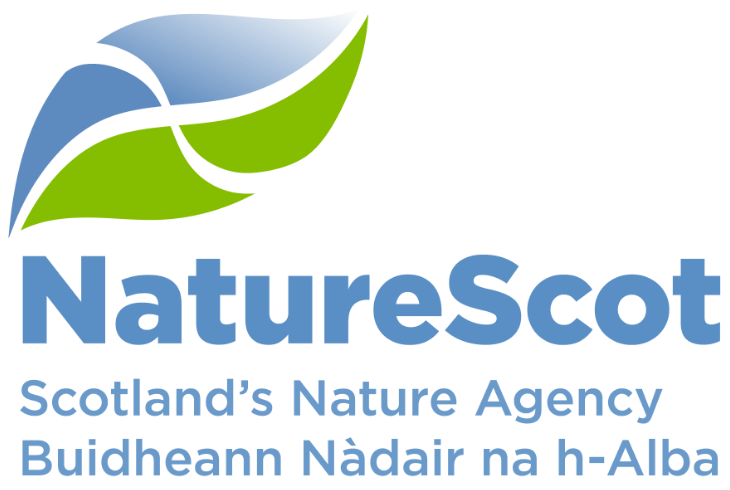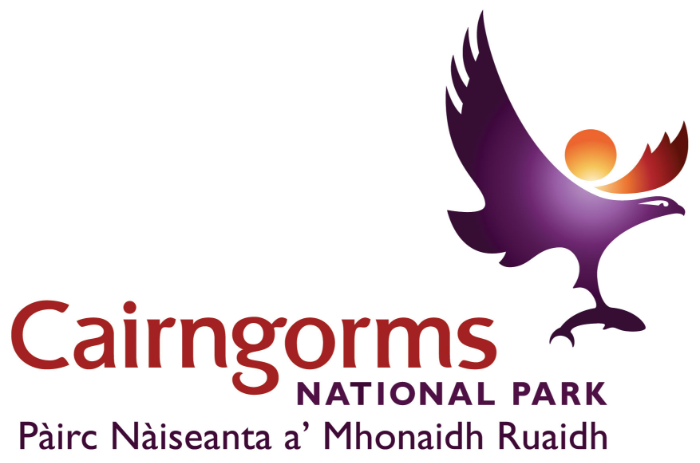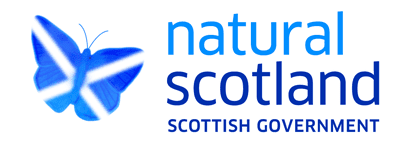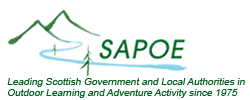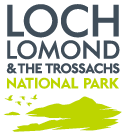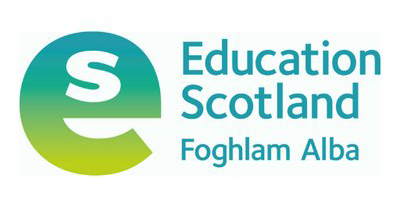Garden-based learning may promote positive emotions and cooperative behaviour
The Children and Nature Network share a 2021 study from Germany. In this study, students reported experiencing surprise and wonder 19% more frequently when engaging in biology lessons conducted in a garden compared to lessons conducted in the classroom. Check out the Children and Nature Network Stat Sheet to learn [...]
Three’s a crowd
This Scottish Pollinators blog post (27 November 2023) explores the benefits, pitfalls and amazing adaptations involved for pollen specialists.
Lizards, fish and other species are evolving with climate change, but not fast enough
This article in the Conversation (21 November, 2023) describes scientific studies which show that climate change is occurring much faster than species are changing.
Did you celebrate Insect Week 2023? Check out the free resources available anytime!
Discover why the Field Studies Council are getting involved in insect week 2023, PLUS free citizen science resources and some great insect infographics!
The body snatchers
Read this fascinating post in Scottish Pollinators (1 June 2023). This links stories of family feuds among the Egyptian Gods with the complex ‘arm’s race’ relationships between parasitic invertebrates and their host species. Read on to discover how parasites can manipulate their host’s behaviour to their advantage.
Marine habitats and working partnerships
This post in Scotland’s Nature by NatureScot (6 June 2023) explores A new approach to studying our marine habitats. This includes the special biodiversity of marine habitats and the concept of functional diversity. Suitable for more advanced students, including tertiary level.
Maths in Ecology – a skills guide for biologists
The British Ecological Society (BES) offer Maths skills for biologists. This is a 12 page guide developed with the Field Studies Council aimed at students and teachers of 16-19 Biology. The resource covers areas including mathematical and statistical skills, planning field investigations, specific statistical tests and data presentation. This guide can also [...]
What is biological recording? A handy guidance note.
This free Biological Recording Guidance note, shared by the Field Studies Council, explains what biological recording is and why it is important. This may be particularly useful for secondary students and teachers and to support Citizen Science activities.








